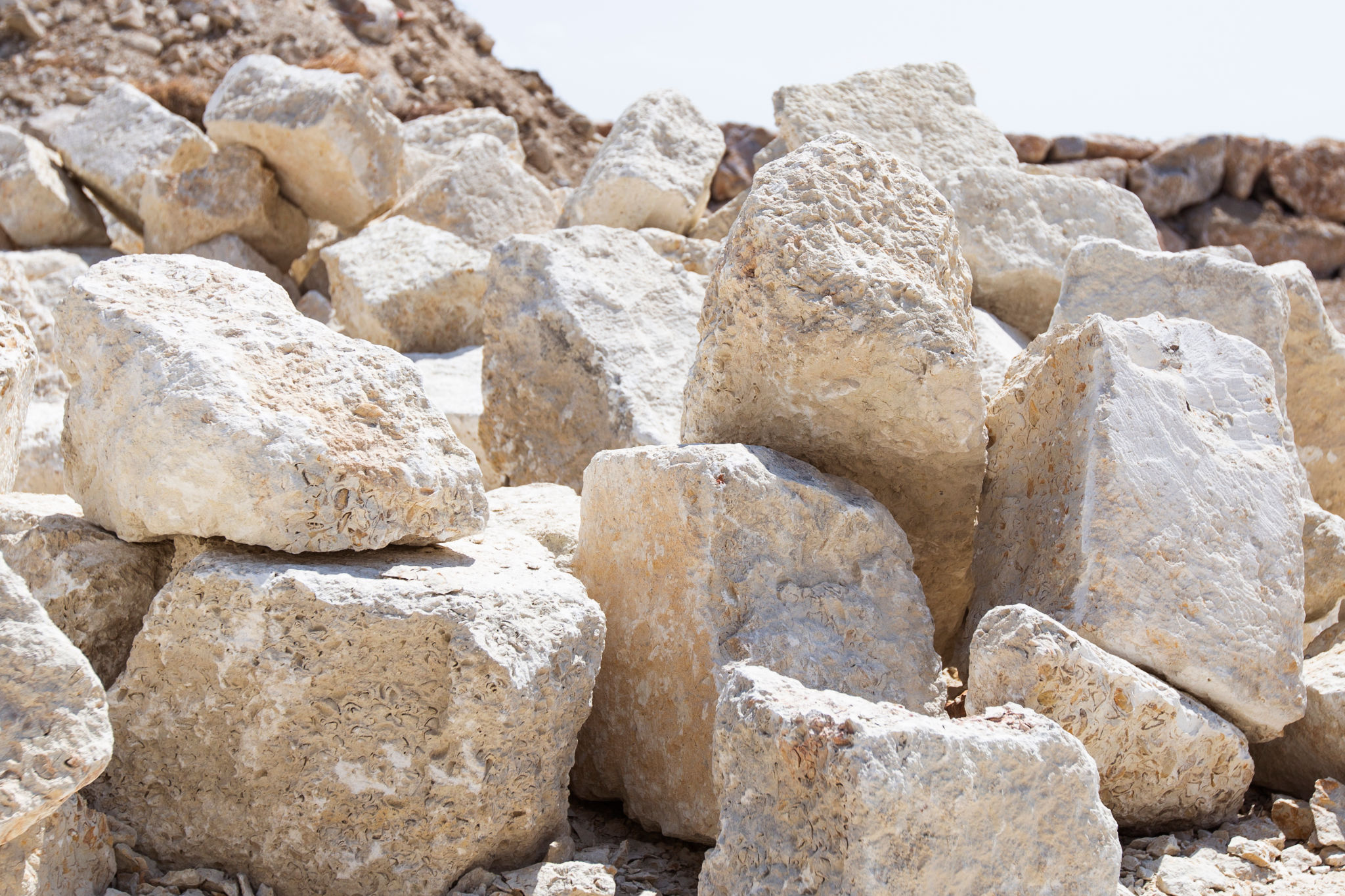Understanding the Role of Limestone and Dolomite in Organic Farming
Introduction to Limestone and Dolomite in Organic Farming
In organic farming, maintaining soil health is crucial for plant growth and productivity. Two minerals that play a significant role in this process are limestone and dolomite. Both are used to enhance soil quality and provide essential nutrients, but they have distinct characteristics and benefits.

Understanding Limestone
Limestone is primarily composed of calcium carbonate (CaCO3). It is commonly used in agriculture to neutralize acidic soils, which can hinder plant growth. When applied, limestone raises the pH level of the soil, creating a more favorable environment for nutrient uptake.
Another benefit of limestone is its ability to improve soil structure. By adding calcium, it helps bind soil particles together, enhancing aeration and water retention. This leads to healthier root systems and better crop yields.
Application Techniques for Limestone
The effectiveness of limestone depends on its application method. It should be evenly spread and thoroughly mixed into the soil for optimal results. Timing is also important; applying limestone in the fall allows it to react with the soil over the winter months, preparing the ground for spring planting.
Exploring Dolomite
Dolomite is a mineral that contains both calcium carbonate and magnesium carbonate. This dual composition makes dolomite an excellent choice for adding both calcium and magnesium to the soil. Magnesium is a vital nutrient that aids in chlorophyll production and enzyme function within plants.

Benefits of Using Dolomite
One of the primary advantages of dolomite is its ability to correct magnesium deficiencies in the soil. Many soils are naturally low in magnesium, which can lead to poor plant health and reduced yields. By incorporating dolomite, farmers can ensure that their crops receive this essential nutrient.
Like limestone, dolomite also helps to neutralize soil acidity. However, it is particularly beneficial for soils that are deficient in magnesium, providing a two-in-one solution for soil improvement.
Choosing Between Limestone and Dolomite
The choice between limestone and dolomite largely depends on the specific needs of your soil. Conducting a soil test is crucial to determine nutrient deficiencies and pH levels. Based on the results, you can select the appropriate mineral to address any imbalances.
Considerations for Organic Farmers
For organic farmers, it is important to ensure that the limestone or dolomite used is certified organic. This guarantees that the materials meet organic farming standards and do not contain any synthetic additives.

Conclusion
Limestone and dolomite play essential roles in organic farming by enhancing soil quality and providing necessary nutrients. By understanding their unique properties and applications, farmers can make informed decisions to improve soil health and boost crop productivity. As always, regular soil testing and careful planning are key to achieving the best results in organic agriculture.
